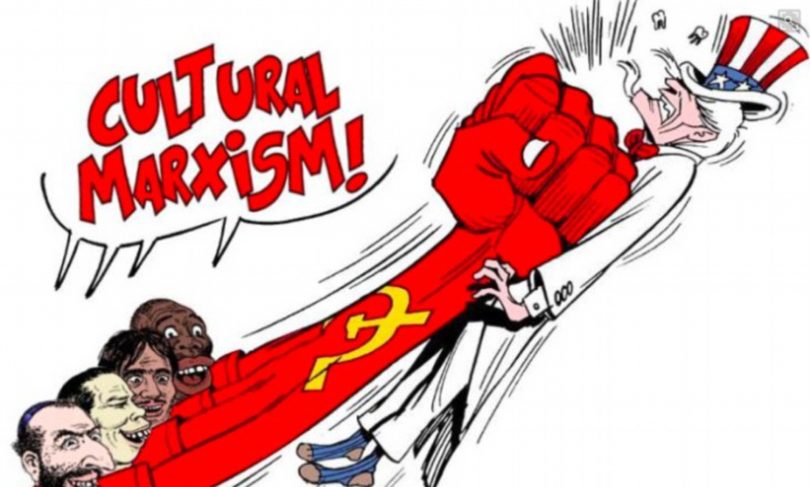According to all accounts, Karl Marx was not an easy person. Basically, he had the habit of making the life of all around him miserable. However, as Joseph Schumpeter (himself far from being a Marxist) loved to point out, he was extremely well read. This allowed him to build a complex economic theory focused on factory workers, without ever (or almost ever, at least) stepping into a factory. Life for a factory worker in 19th century Britain was not easy, and Marx was very able in pointing that out. His economic theory, however, was a complete failure, as Ludwig von Mises aptly pointed out.
Marxism should have died in the mid-20th century when it became clear that all socialist countries are poor and oppressive. However, it survived as cultural Marxism. People like Antonio Gramsci, Michel Foucault, Jacques Derrida, and everybody in the Frankfurt School were not interested in economics. Instead, they wanted to study culture. The oppressed were not the factory workers anymore, but the social minorities. Libertarians and Conservatives should sympathize with that. It is true that women, non-whites, and homosexuals suffered a great deal in the masculine, white, heterosexual West. To point out that they suffer even more outside the West is not particularly helpful. We don’t have to throw the baby out with the bathwater. However, as with much of original Marxism, cultural Marxism is only good at pointing the problems, not at offering solutions. Modern civilization, as Sigmund Freud very well observed, is full of discontents. This is an old argument. Rousseau points out how modern civilization is cruel. Voltaire answers that, as cruel as it might be, it is still better than the alternative.
Our problem today is that cultural Marxism was successful in pushing the Overton window in their favor. That was precisely Gramsci’s objective: to fight “bourgeois” cultural hegemony with Marxist cultural hegemony. To a great degree, he succeeded. We need to fight the cultural war. As much as modern life can be bittersweet, I still haven’t heard a better alternative. Besides, as a Christian, I have to say with Saint Augustine that men have a “God-shaped hole” that no civilization – Modern, pre-modern or postmodern – can fill. But still, I enjoy the things that capitalism, capitalism that originated from the Protestant ethic, has to offer.
Comments:
Zachary Woodman
“Cultural Marxism” as you’re using it here, and as it is typically used, seems to be a rather confused term. Foucault and Derrida were not Marxists at all, the whole goal of their entire paradigm is to question and reject grand theories of history, like dialectical materialism on which the entire Marxist paradigm depends. If you pay very much attention to leftist academic circles, Marxists are continuously at people like Foucault’s and Derrida’s throats (eg., https://philpapers.org/rec/calapa, https://en.wikipedia.org/wiki/The_Order_of_Things#cite_note-5). It reminds me of the confused, nonsensical way people like Jordan Peterson use the term “postmodern Marxism” (critiqued well recently here https://www.youtube.com/watch?v=4LqZdkkBDas&t=1189s), except it also has the unfortunate connotations (which I understand you did not intend here) of an anti-Semitic conspiracy theory. It really is just the right’s version of “neoliberal:” a scare-term lumping a whole bunch of ideas one opposes together incoherently.
nottrampis
A Christian should know the very weakness of Marxism is that people are inherently sinful not good hence a system based on altruism will always fail. Me thinks the various dictators who claimed communism as their guide such as Lenin, Stalin, Mao etc merely used it badly as a guise for totalitarian government. To paraphrase Churchill Capitalism is the worst form of society except for all the others. Without a competitive markets it soon degenerates which is why people always need to be on the lookout.






